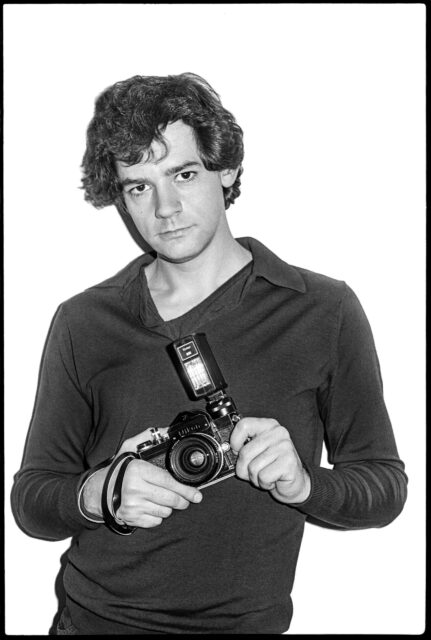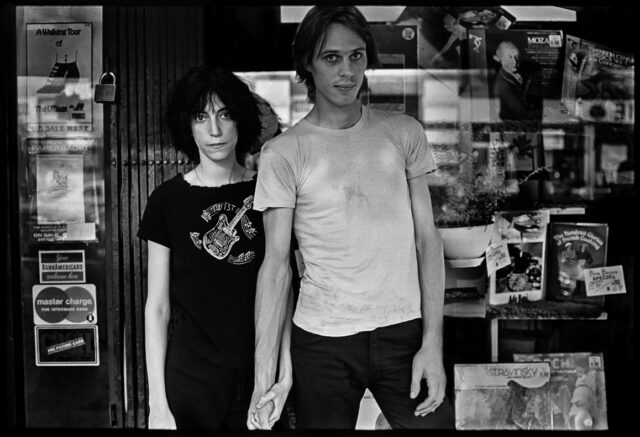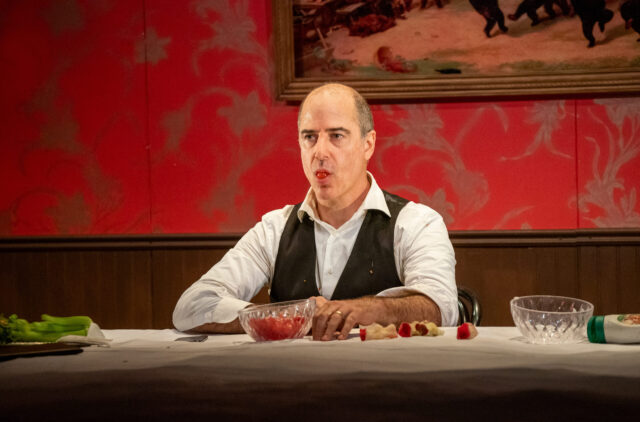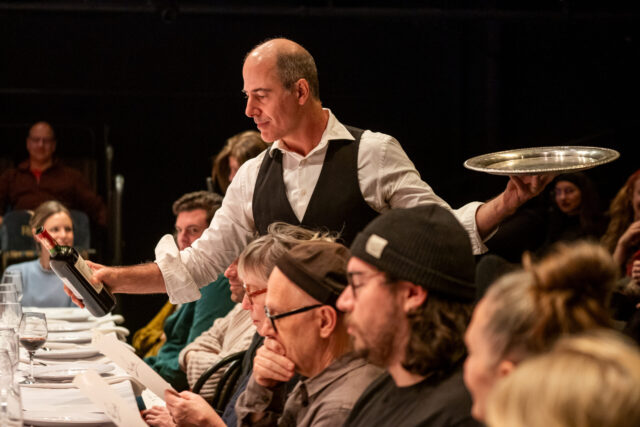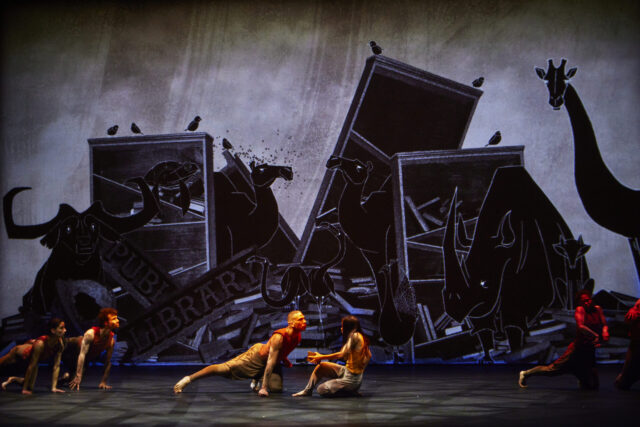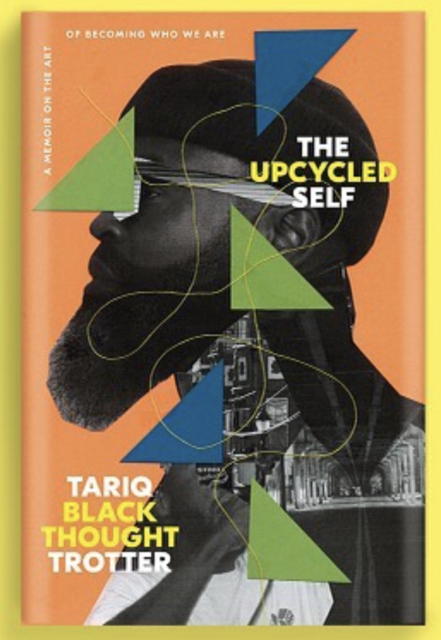
THE FIRST ANNUAL JEWISH COMIC BOOK CONVENTION
Center for Jewish History
15 West Sixteenth St. between Fifth & Sixth Aves.
Sunday, November 12, $40 (children eight and under free)
jewce.org
www.cjh.org
Jews played key roles in the development of the comic book industry in the United States, as artists, illustrators, editors, and publishers. In 2006-7, the Jewish Museum presented with the Newark Museum the outstanding exhibit “Masters of American Comics,” which explored the work of fourteen artists, several of whom were Jewish.
This weekend the Center for Jewish History is hosting “JewCE!: The Jewish Comic Experience,” being held in conjunction with the exhibit “The Museum and Laboratory of the Jewish Comics Experience,” consisting of original art, historical memorabilia, and interactive installations focusing on Jewish history, culture, and identity as depicted in comic books, on view through December 29.
Awards will be handed out Saturday night, in such categories as Career Contributions to Jewish Comics, Diverse Jewish Representation, Historical Narratives, Autobiographical Content, Contemporary Topics, and Combating Prejudice. The big day is Sunday, with a full slate of lectures, panel discussions, workshops, artist booths, and more. The guest of honor is Trina Robbins, the Brooklyn-born cartoonist and activist who is in the Will Eisner Hall of Fame and is one of the three characters in the Joni Mitchell song “Ladies of the Canyon” (“Trina takes her paints and her threads / And she weaves a pattern all her own”).
Among the events are “Jewish Roots of the Comic Industry,” “Queering Jewish Comics,” “Kids Comics for Mini Mensches,” “Jewish Female Narratives in the Graphic Arts,” and “Holy Graphic Novels!”; the lineup of participants includes Frank Miller, Stephanie Phillips, Neil Kleid, Koren Shadmi, Fabrice Sapolsky, Yehudi Mercado, Dean Haspiel, Chari Pere, Ken Krimstein, Danny Fingeroth, Barry Deutsch, Roy Schwartz, Amy Kurzweil, E. Lockhart, Ben Kahn, Emily Bowen Cohen, Jenny Caplan, Karen Green, Leela Corman, Paul Levitz, Tahneer Oksman, Terri Libenson, Simcha Weinstein, JT Waldman, Jessica Tamar Deutsch, and Stan Mack, as well as Source Point Press, Big Apple Comics, Jews in Doodles, Israeli Defense Comics, Jewish Arts Salon, Stand Up! Comics/Stand Up! Records, and Torah Comics. Below is the full schedule.

Exhibition continues at the Center for Jewish History through December 29
Jewish Roots of the Comic Industry, with Arie Kaplan, Roy Schwartz, and Simcha Weinstein, moderated by Danny Fingeroth, auditorium, 10:00
Jewish Folklore in Comics, with Dani Colman, Trian Robbins, Chanan Beizer, and Yehudi Mercado, moderated by Eddy Portnoy, Kovno Room, 10:00
Jump into Drawing Comics!, with Joshu Edelglass, for kids ages 8-12, Discovery Room, 10:00
From Strength to Strength: Jewish Superheroes through the Ages!, with Brian Michael Bendis, E. Lockhart, Dean Haspiel, and Frank Miller, moderated by Roy Schwartz, auditorium, 11:30
Queering Jewish Comics, with Ben Kahn, Shira Spector, Barry Deutsch, and Miriam Libicki, moderated by Tahneer Oksman, Kovno Room, 11:30
Jewish Comics Trivia Game: JewCE Edition, with Sholly Fisch and Jeremy Arcus-Goldberg, Discovery Room, 11:30
Breaking the Mainstream: Getting Past Ashkenormativity and Secularism in Comics, with Daniel Lobell, Emily Bowen Cohen, Joshua Sky, and Carol Isaacs, moderated by Arnon Shorr, auditorium, 1:00
Kids Comics for Mini Mensches, with Yehudi Mercado, Terri Libenson, Chari Pere, and Barry Deutsch, moderated by Jeremy Dauber, Kovno Room, 1:00
Torah Comic Workshop, with Andrew Galitzer, for kids ages 6-12, Discovery Room, 1:00

Canons Are Made to Blow Up! Retconning, Rebooting, Jossing, and Other Paradigm Shifts, with Brian Michael Bendis, Brian Azzarello, Joshua Sky, and Barbara Slate, moderated by Jenny Caplan, auditorium, 2:30
Jewish Comics and Remembrance Culture, with Rafael Medoff, Ken Krimstein, Stan Mack, and Trina Robbins, moderated by Samantha Baskind, Kovno Room, 2:30
From Perek to Panel: Using Pictures to Explore Interpretation, with Ben Schachter, for teens and adults, Discovery Room, 2:30
Will Eisner: The First Poet Laureate of the Jewish Graphic Novel, with Paul Levitz and Jules Feiffer (via Zoom), auditorium, 4:00
Telling Other People’s Stories, with Tracy White, Stephanie Phillips, Koren Shadmi, and Neil Kleid, moderated by Julian Voloj, Kovno Room, 4:00
Jewish Comics Trivia Game: JewCE Edition, with Sholly Fisch and Jeremy Arcus-Goldberg, Discovery Room, 4:00
Jewish Female Narratives in the Graphic Arts, with Leela Corman, Amy Kurzweil, Alisa Whitney, and Miriam Libicki, moderated by Karen Green, auditorium, 5:30
Holy Graphic Novels!, with JT Waldman, moderated by Jordan B. Gorfinkel, Kovno Room, 5:30
[Mark Rifkin is a Brooklyn-born, Manhattan-based writer and editor; you can follow him on Substack here.]

